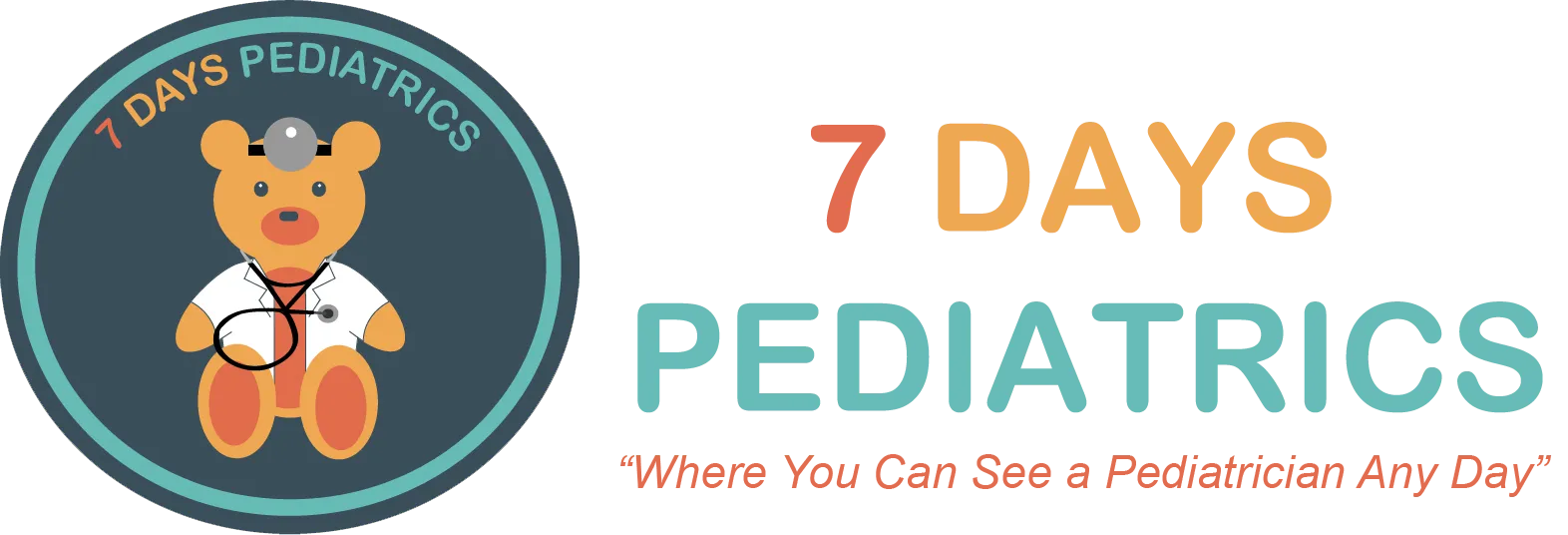- posted: Feb. 06, 2018
While you may wonder at your teen’s ability to stay up late into the night, it’s more a matter of biology than rebellion! According to the National Sleep Foundation, teens tend  to go to bed later, getting sleepy only around 11 PM. But what happens when early wake-up times for school or sports practice cuts short the amount of sleep they get each night?
to go to bed later, getting sleepy only around 11 PM. But what happens when early wake-up times for school or sports practice cuts short the amount of sleep they get each night?
Only a very small percentage of today’s teenagers get the amount of sleep per night that they should perhaps as low as 15% and the effects not getting enough sleep can be dire. While early school start times are often to blame for a lack of sleep in teens, new studies are beginning to prompt school districts to move their start times up, one more example of how we are beginning to understand just how serious sleep deprivation can be.
Danger on the Roads
We all know that sleep deprivation can be dangerous on the road, but recent study has shown how even small changes sleep affect road safety. Because so many teens are sleep deprived, they are a danger on the roads for themselves and everyone else!
The study in question showed that crash rates in two neighboring cities in Virginia were 20-25% higher for 16-18-year olds in the city where school started at 7:20-25 AM, compared to its neighbor where school started at 8:20-8:25 AM. This marked difference, with only an hour’s discrepancy in school start time from one town to the next, shows just how risky sleep deprivation can be for young drivers.
Slowed Learning
And injuries on the road aren’t the only trouble. Less sleep for adolescents also damages their ability to learn. In a 2002 study, roughly an extra hour and a half of sleep led to “significant benefits such as improved attendance and enrollment rates, less sleeping in class, and less student-reported depression.” And according to the APA, even as small a difference as 25 minutes more sleep appears to make the difference between an A or B student and a C, D, or F student. Simply put, the less sleep a teen gets, the less prepared their brain is to absorb new information and to process that information later.
What Can I Do?
Obviously, sharing this information with your child is a great place to start. Also, consider the start time of your child’s school or pre-school activities, and whether a later start time might be a better fit for your child. If they do attend a school with a very early start time, encourage them to go to bed earlier than they might otherwise. The evidence backs it up - bedtime shouldn’t necessarily end with young adulthood! In the long run, your teen should feel the marked difference when they get a good night’s sleep. Prevent dangerous consequences by tackling the problem of sleep deprivation before it gets out of hand.
Do you have a story about your sleepy teen? Comment below and tell us about it!





